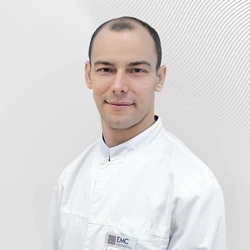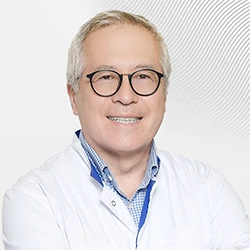Myths and reality about a study that can save your life
Everyone has their own reasons for not having a colonoscopy. This is often based on a misunderstanding of both the procedure itself and the problem of colorectal cancer (CRC), says Dr. Carol A. Burke, Director of the Center for the Prevention of Colon Tumors at the Institute of Digestive Tract Diseases at the Cleveland Clinic. People don't realize that colorectal cancer is one of the most "preventable" types of cancer, and colonoscopy is a slightly uncomfortable, but quick study that can save their lives. Dr. Burke describes the 7 most common misconceptions she has encountered from patients during her 15-year practice as a gastroenterologist.
Myth 1: "I have no risk factors for developing CRC."
Everyone has a risk. One in 18 Americans, both men and women, develops CRC. Patients over the age of 50 need to have an annual colonoscopy, as most colon and rectal polyps (precursors of CRC) develop after the age of 50. Timely removal of polyps prevents the development of CRC.
Myth 2: "If I don't have any symptoms, I don't need to have a colonoscopy."
In almost all cases, CRC develops on the basis of precancerous tumors of the intestine, which usually do not give clinical symptoms. Polyps are effectively detected during colonoscopy, and the doctor can remove them before they degenerate into a malignant tumor. The aim of the study is to detect and remove them before the onset of clinical symptoms. On average, during colonoscopy, endoscopists detect polyps in about 15% of women and 25% of men over the age of 50.
Myth # 3 "Drinking this medicine to cleanse the intestines is unrealistic!"
Taking the intestinal preparation drug is one of the leading factors limiting colonoscopy. But today it is easier to prepare the intestines than before. Instead of taking four liters of the solution at a time, patients can choose the "half-dose" option: many doctors prescribe taking half a dose of the solution at night, and another half is taken in the morning, before the procedure.
Myth #4. "Colonoscopy is not an accurate enough method."
In 2008, a report by researchers that colonoscopy could not guarantee "protection" from colon cancer attracted huge media attention. However, their conclusions were drawn based on the analysis of colonoscopy results, most of which were either "incomplete" — when for some reason it was not possible to carry the probe beyond the rectum, or the study was performed by general practitioners and family doctors who may not have had sufficient experience with colonoscopy. Subsequent studies confirm that when choosing a doctor who will perform a colonoscopy, the specialist's experience should undoubtedly be of key importance. In order for a colonoscopy to be performed as efficiently as possible, make sure that your doctor has received special training in performing this procedure and is constantly improving his professional skills.
Myth #5. "Colonoscopy is too painful!" or "I won't be able to be properly anesthetized."
In fact, 99% of patients at the EMC receive adequate pain relief through controlled sedation (or superficial drug-induced sleep), which ensure a comfortable colonoscopy. Most patients don't even remember how the study was conducted. For patients who need a deeper sedative effect, some clinics offer general anesthesia (anesthesia).
Myth #6. "It's too risky. My friend's colon was damaged during colostomy."
If a colonoscopy is performed by a qualified endoscopist, it is absolutely safe. The risk of perforation (violation of the integrity of the intestine) is less than 1 case per 1000 patients, the risk of bleeding is less than 1%.
Myth No. 7. "If I get colorectal cancer, then it should have happened."
This is incorrect. Colorectal cancer can be prevented, and here's how: CRC screening begins at the age of 50 or earlier if you have risk factors (colonoscopy is the preferred screening method). It is also useful to eat well, maintain a normal weight, exercise, and quit smoking.
EMC coloproctologists comment:
—In our practice, we often encounter the fact that patients are unaware of the existence of this problem — the steadily increasing incidence of colorectal cancer. In Russia, among men with newly diagnosed malignancies, the incidence of CRC is in 3rd place after lung and stomach cancer, and in women, respectively, after breast cancer and skin cancer. And if the average patient performs chest fluorography once every 3-5 years (to obtain various certificates, during hospitalization, as part of routine checkups), then he has no idea at all about the need for CRC screening, at least by conducting an ACCC test (analysis of feces for hidden blood), not to mention a colonoscopy. We must return to consciously undergoing preventive medical examinations — to what used to be called "medical check-ups." This is especially important — and I absolutely agree with Dr. Burke on this — for patients over the age of 50, since it is at this age that the incidence of CRC begins to increase. In most cases, patients form their own idea of the procedure based on the stories of friends and reviews on patient forums. In this case, it would be reasonable to get full information about the study at a doctor's appointment, and to find out, for example, that there are drugs for intestinal preparation that do not exceed 90 ml. In our Clinic, colonoscopy is performed by endoscopists under conditions of drug-induced sleep, which makes the procedure comfortable for the patient and allows the doctor performing the study to examine the colon as closely as possible throughout its entire length. The risk of colon damage during the study is minimal. If the patient has a neoplasm removed during the study, in complex cases of early colon cancer removal, this risk can reach 5%, however, this procedure in most cases eliminates the need for major abdominal surgery, the risks of which are incomparably higher.
When contacting our Clinic, we recommend that all patients over the age of 50 undergo this study, regardless of the problem they have with a coloproctologist. There is no doubt: it is better to perform a colonoscopy today than a major operation for cancer tomorrow.
Was this information helpful?
Questions and answers
Ask a Question





.webp)
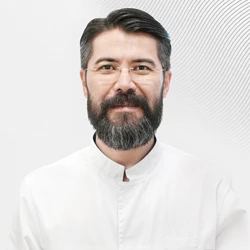
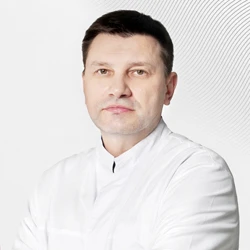
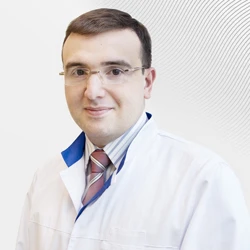
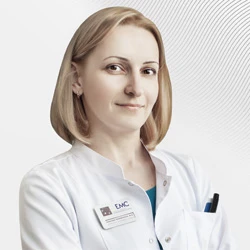
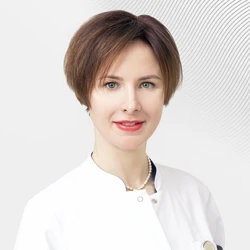
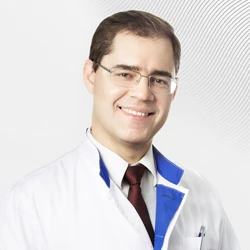
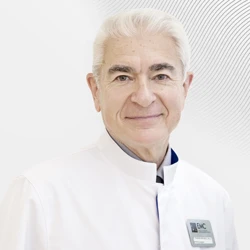
.webp)
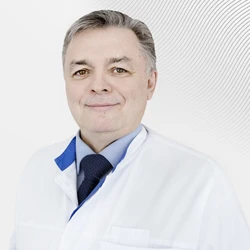
.webp)
.webp)
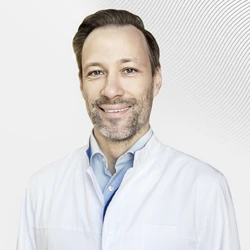
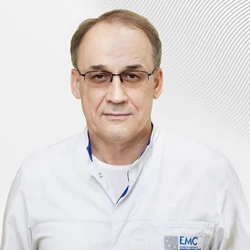
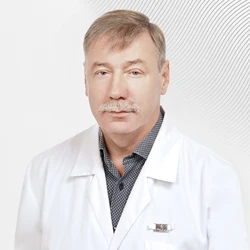
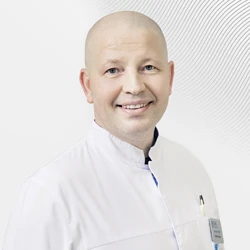
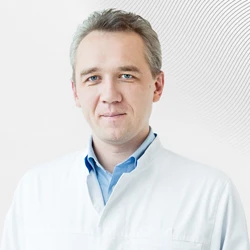
.webp)
